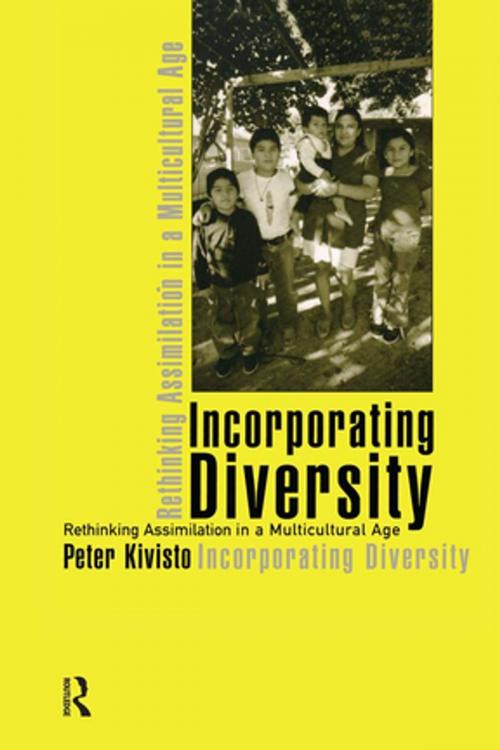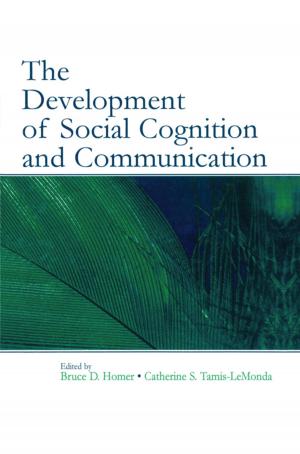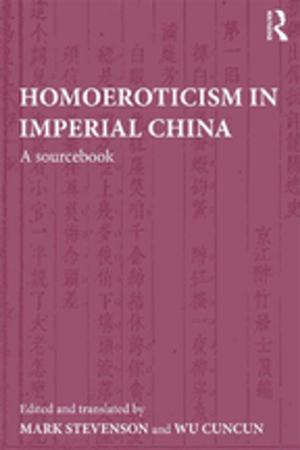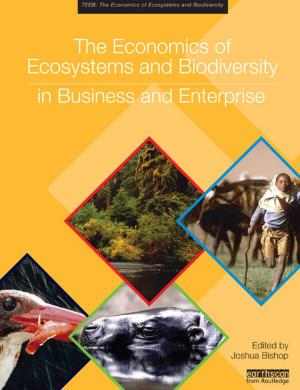Incorporating Diversity
Rethinking Assimilation in a Multicultural Age
Nonfiction, Social & Cultural Studies, Social Science, Sociology| Author: | Peter Kivisto | ISBN: | 9781317257639 |
| Publisher: | Taylor and Francis | Publication: | December 3, 2015 |
| Imprint: | Routledge | Language: | English |
| Author: | Peter Kivisto |
| ISBN: | 9781317257639 |
| Publisher: | Taylor and Francis |
| Publication: | December 3, 2015 |
| Imprint: | Routledge |
| Language: | English |
As the best single-source collection of classic and contemporary readings on the subject, this anthology will be a valuable reference to scholars of immigration, race and ethnicity, national identity, and the history of ideas, and indispensable for courses in history and the social sciences dealing with these topics.' Ruben G. Rumbaut, co-author of Immigrant America: A Portrait and Legacies: The Story of the Immigrant Second Generation Societies today are increasingly characterized by their ethnic, racial, and religious diversity. One key question raised by the global migration of people is how they do or do not come to be incorporated into their new social environments. For over a century, assimilation has been the concept used in explaining the processes of immigrant incorporation into a new society. It has also been applied to indigenous peoples, to refugees, and to involuntary migrants caught up in the slave trade. Assimilation has confronted many scholarly challenges which were often intermeshed with particular political agendas. This book allows readers to obtain a clearer sense of the canonical formulation of assimilation theory and an understanding of the key themes and issues contained in current efforts to rethink and revise the classical perspective for today's changing world.
As the best single-source collection of classic and contemporary readings on the subject, this anthology will be a valuable reference to scholars of immigration, race and ethnicity, national identity, and the history of ideas, and indispensable for courses in history and the social sciences dealing with these topics.' Ruben G. Rumbaut, co-author of Immigrant America: A Portrait and Legacies: The Story of the Immigrant Second Generation Societies today are increasingly characterized by their ethnic, racial, and religious diversity. One key question raised by the global migration of people is how they do or do not come to be incorporated into their new social environments. For over a century, assimilation has been the concept used in explaining the processes of immigrant incorporation into a new society. It has also been applied to indigenous peoples, to refugees, and to involuntary migrants caught up in the slave trade. Assimilation has confronted many scholarly challenges which were often intermeshed with particular political agendas. This book allows readers to obtain a clearer sense of the canonical formulation of assimilation theory and an understanding of the key themes and issues contained in current efforts to rethink and revise the classical perspective for today's changing world.















